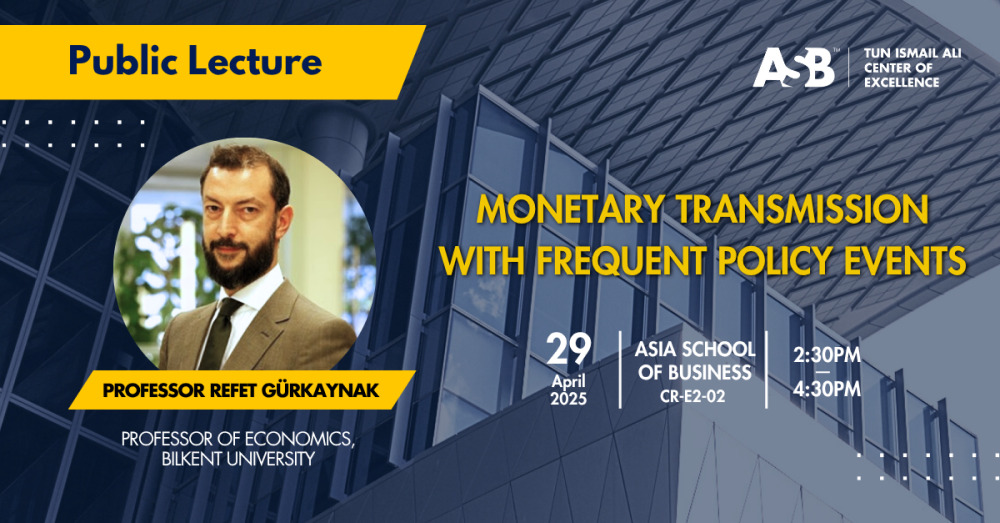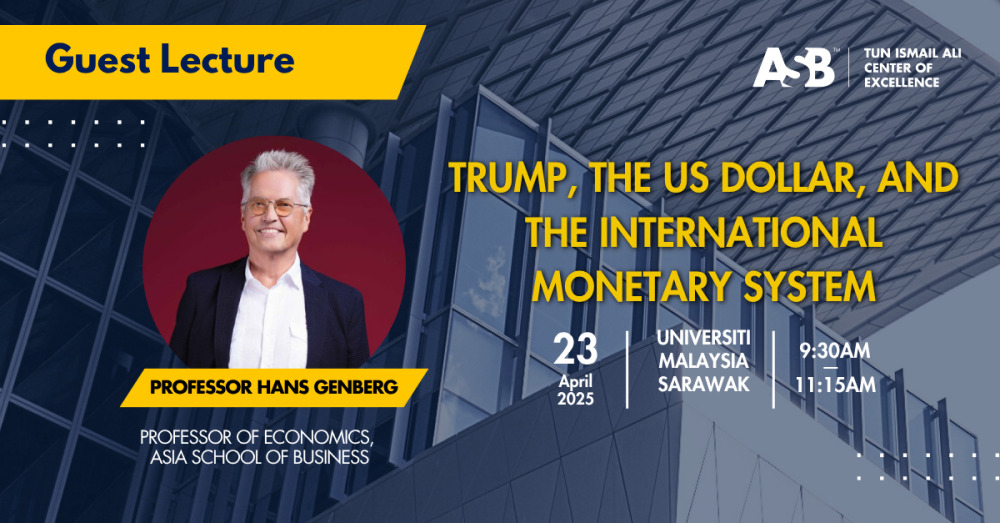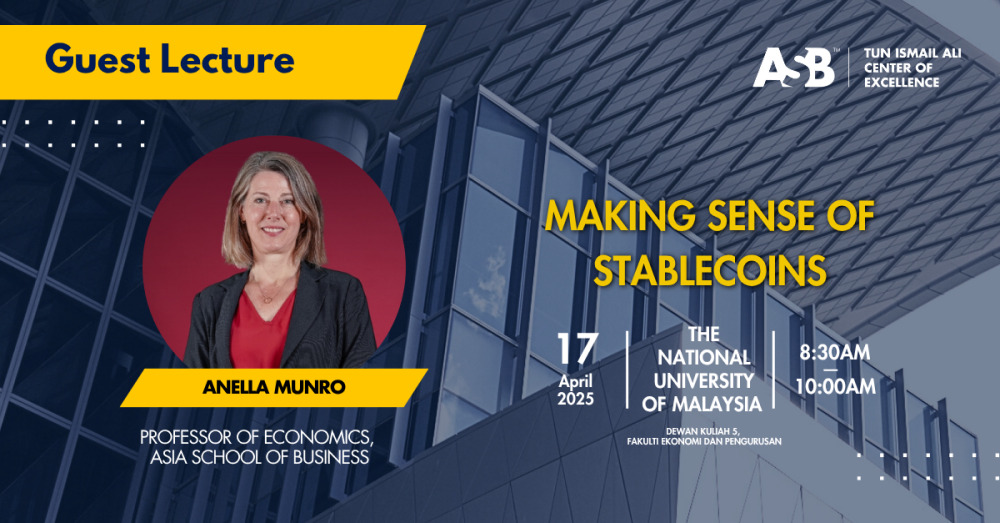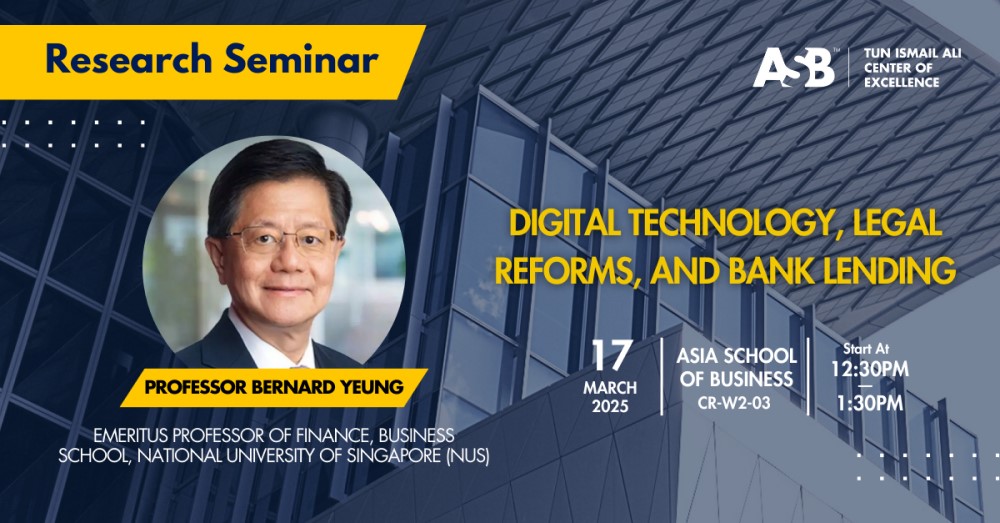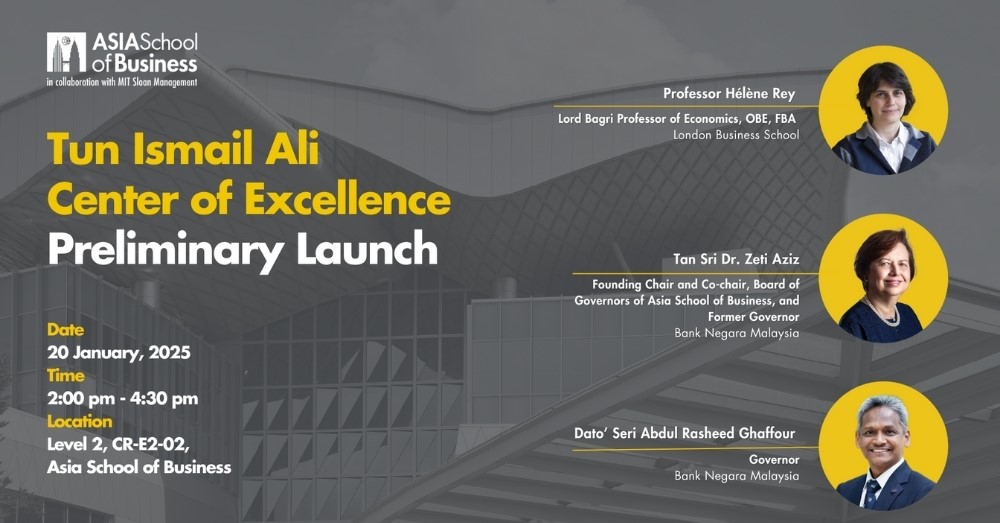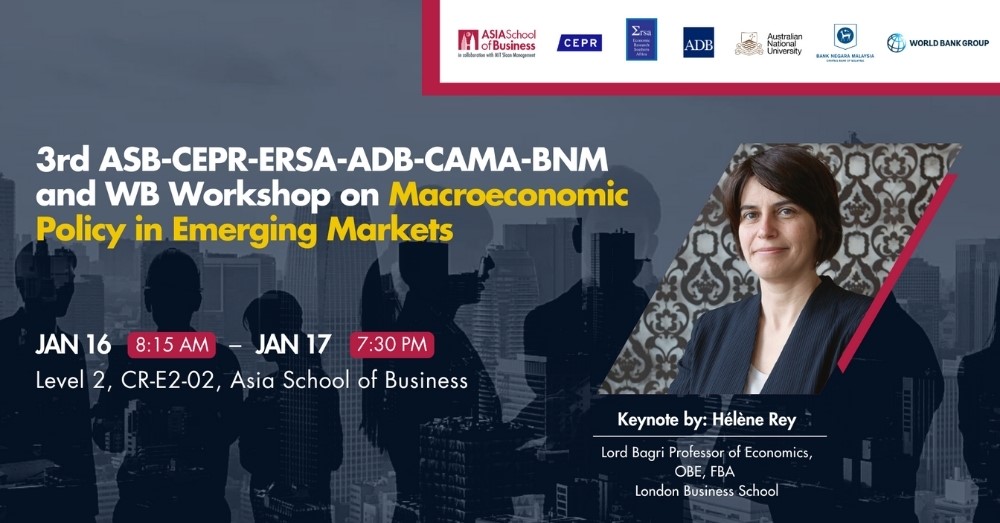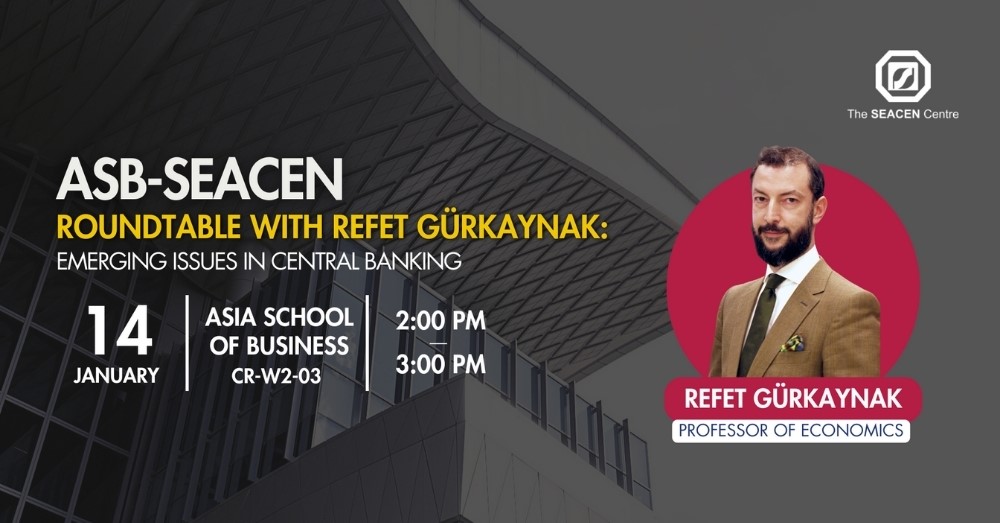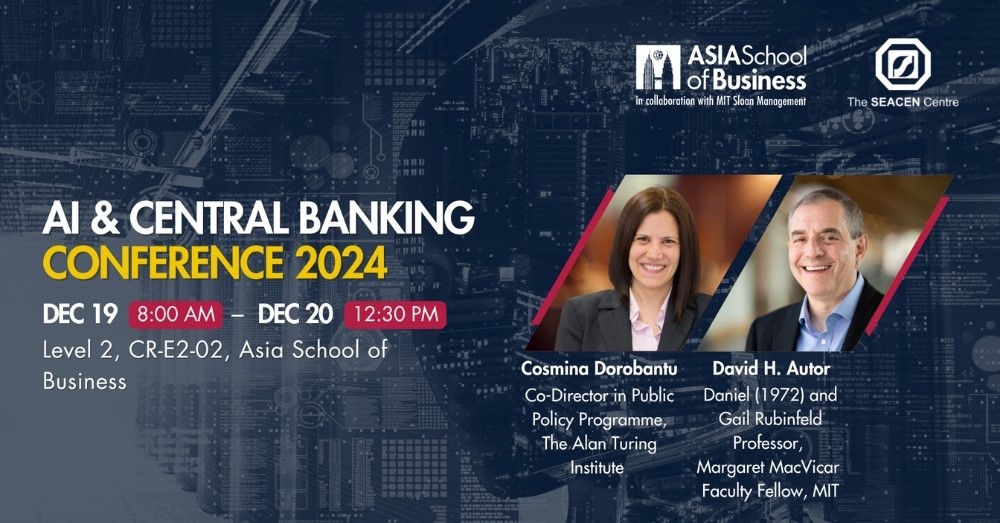Menu
Menu
- About

Established in 2015 in collaboration with MIT Sloan Management, our vision is to be a global knowledge hub, with regional insights from Asia and the emerging world.
- Faculty & Research

ASB’s research centers conduct impactful research in emerging markets, business strategies, technology, and sustainability. Together, they foster innovation in the business landscape.
- Academics

The ASB curriculum seamlessly integrates MIT Sloan’s rigor with the strategic insights of Asia. With MIT Sloan Immersion and Industry Treks, it immerses future leaders in a diverse range of industries.
- Micro-credentials

Introducing ACE (Agile Continuous Education), a structured micro-credentials initiative offering flexible, hybrid courses developed to strengthen professional capability in a rapidly evolving landscape.
- Executive Education
- Corporate

ASB excels through dynamic collaborations, addressing business challenges with innovation, built on robust partnerships.
- Alumni
Edit Content
